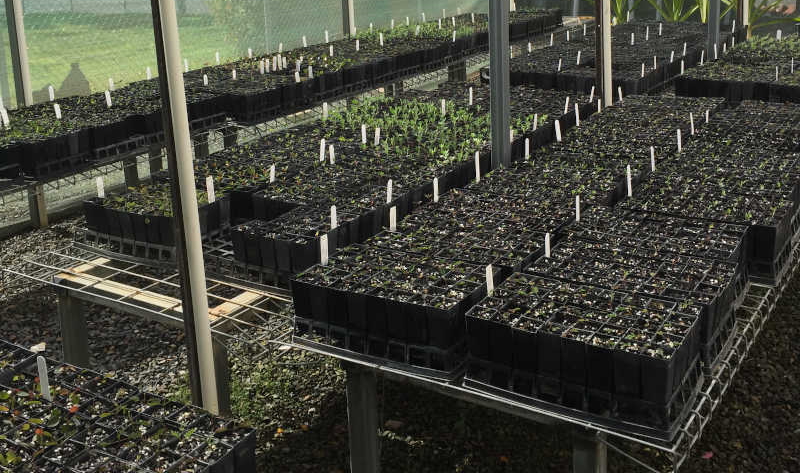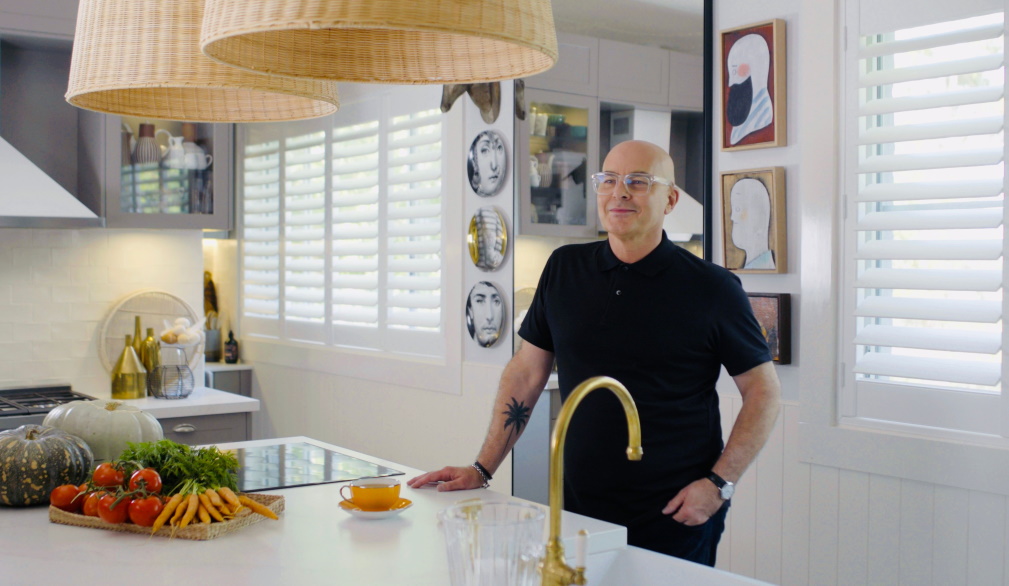3 Points You Must Keep In Mind While Buying Glass And Mirror Cleaner

Dirty window screens and cloudy shower doors reflect your approach to home hygiene. They are unhealthy, and create a bad impression on guests visiting your home.
The solution to this problem is investing in high-quality glass and mirror cleaners for professional cleaning at home. However, choosing the right glass and mirror cleaner is more challenging than it sounds.
The market is saturated with cleaning products, and differentiating between them can be difficult if you do not know what to look for. You should consider specific factors to help buy the best glass cleaner for your home. This article will explore these factors in detail to help you make an informed decision.
3 Factors to Consider While Buying a Glass and Mirror Cleaner
The ideal mirror and glass cleaner must cleanse the surface without leaving any streaks or water stains behind. Let’s examine the points you should consider before making the purchase.
1. The Ingredients in the Cleaner
The first step to choosing an ideal glass cleaner is to look into its ingredients. While different companies use various chemical concoctions to create their unique glass and mirror cleaners, three elements are common: butyl glycol, isopropyl alcohol, and antimicrobial and antibacterial agents.
These are mixed with other chemicals to create cleaners and perfectly remove grime and dirt from glass surfaces. Let us explore these three main chemicals in detail and understand how they help clean and disinfect glasses.
-
Butyl Glycol
Also known as 2-bytoxyethanol, this is a kind of glycol ether. Butyl Glycol is an organic solvent that contains both the properties of ether and alcohol. However, this chemical is used in cleaners not because of its cleaning capabilities but because of its good smell. Using butyl glycol gives a clean and fresh fragrance that is sweet and easy on the nose.
-
Isopropyl Alcohol
This is the most commonly used cleaning chemical due to its ability to eliminate 99.9 per cent of germs on direct contact. Manufacturers prefer this chemical for glass cleaners because it easily dissolves in oils and evaporates quickly. Isopropyl Alcohol can dissolve in an array of compounds and effectively cleans oil and water-based stains.
-
Antimicrobial and Antibacterial Agents
This is one of the best add-ons to a glass cleaner. While isopropyl alcohol works very well cleaning grime and dust, adding antimicrobial and antibacterial agents makes the solution all the more powerful.
For instance, sodium nitrate is an excellent antimicrobial agent with a slightly acidic nature that helps melt down oils. Isopropyl alcohol and sodium nitrate make for a powerful glass and mirror cleaner that is effective on spores and mould growth on any surface.
So, it is important to look into the ingredients with which you are likely to clean the glass surfaces. For instance, you cannot use glass cleaners containing vinegar and ammonia on tinted glasses or granite countertops, as these compounds can ruin these surfaces. Furthermore, check for fragrances and scents you are sensitive to and eliminate the cleaners containing these chemicals.
2. Sustainability
Customers are increasingly focusing on using eco-friendly and sustainable products, especially for their homes. Sustainability now plays a major role in influencing the consumer’s purchase decision.
Therefore, many brands now offer cleaning concentrates that must be mixed with water at the customer's end before being applied to surfaces. If you are big on sustainability and green products, check whether the cleaner you prefer has been manufactured along the same principles.
Many cleaning chemicals are excellent at eliminating dirt, grime, germs, and bacteria. But these chemicals can adversely affect our environment, causing water and soil pollution and spreading toxicity in your nearby areas. So before buying a cleaning agent, check whether it is safe for the environment.
3. Surface Damage
Many glass and mirror cleaning agents can ruin shining surfaces in our offices and homes. This is a major hurdle when buying glass cleaners. Many consumers use only one cleaning agent for kitchens, glass, mirrors, and stone countertops.
However, that might do more harm than good as the cleaner might only be suited for some surfaces. So, ensure the glass and mirror cleaner you buy is okay for the surface you intend to use on. If you want to clean tinted glass, make sure that the chemicals used in the cleaning agent are suited to the surface to prevent unnecessary damage.
In Conclusion
A clean home and office have become necessary, especially after the COVID pandemic. Keep these factors in mind while buying your glass and mirror cleaner, and be assured of getting shining windows, doors, and table tops with minimal effort.
Author Bio:
Lyndal Hanley is the Marketing Strategist at Hanley Industrial Enterprises.
With over 15 years experience in the industrial & commercial cleaning industry, Lyndal guides the creation of content on the Hanleys website, social media and other key marketing channels.







